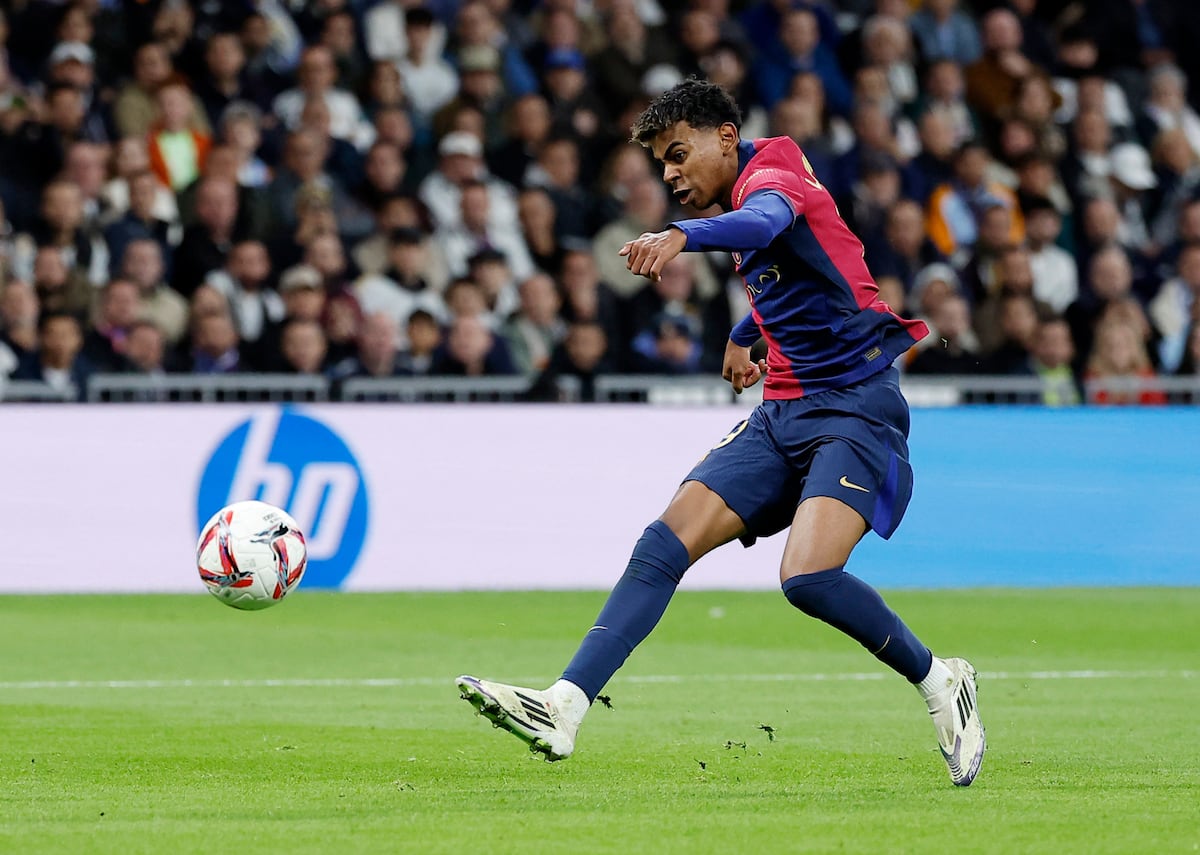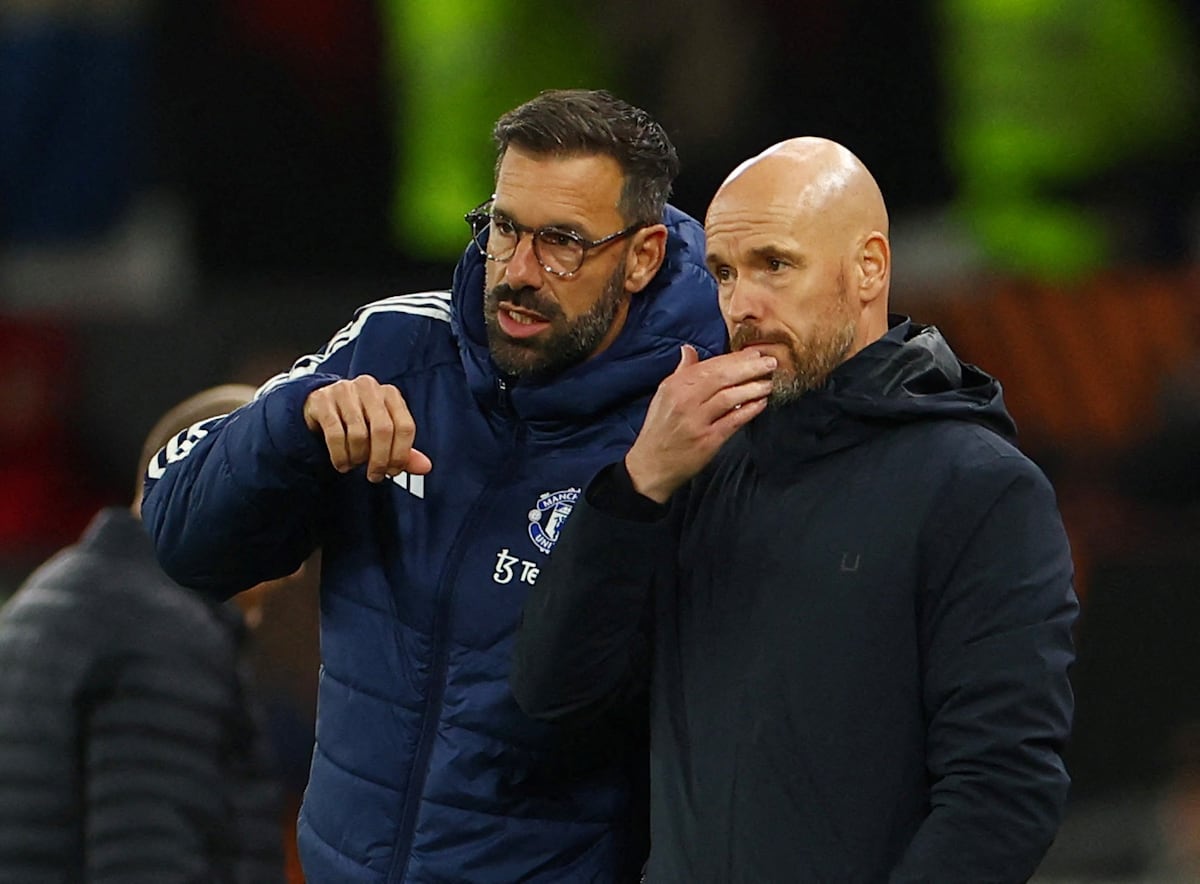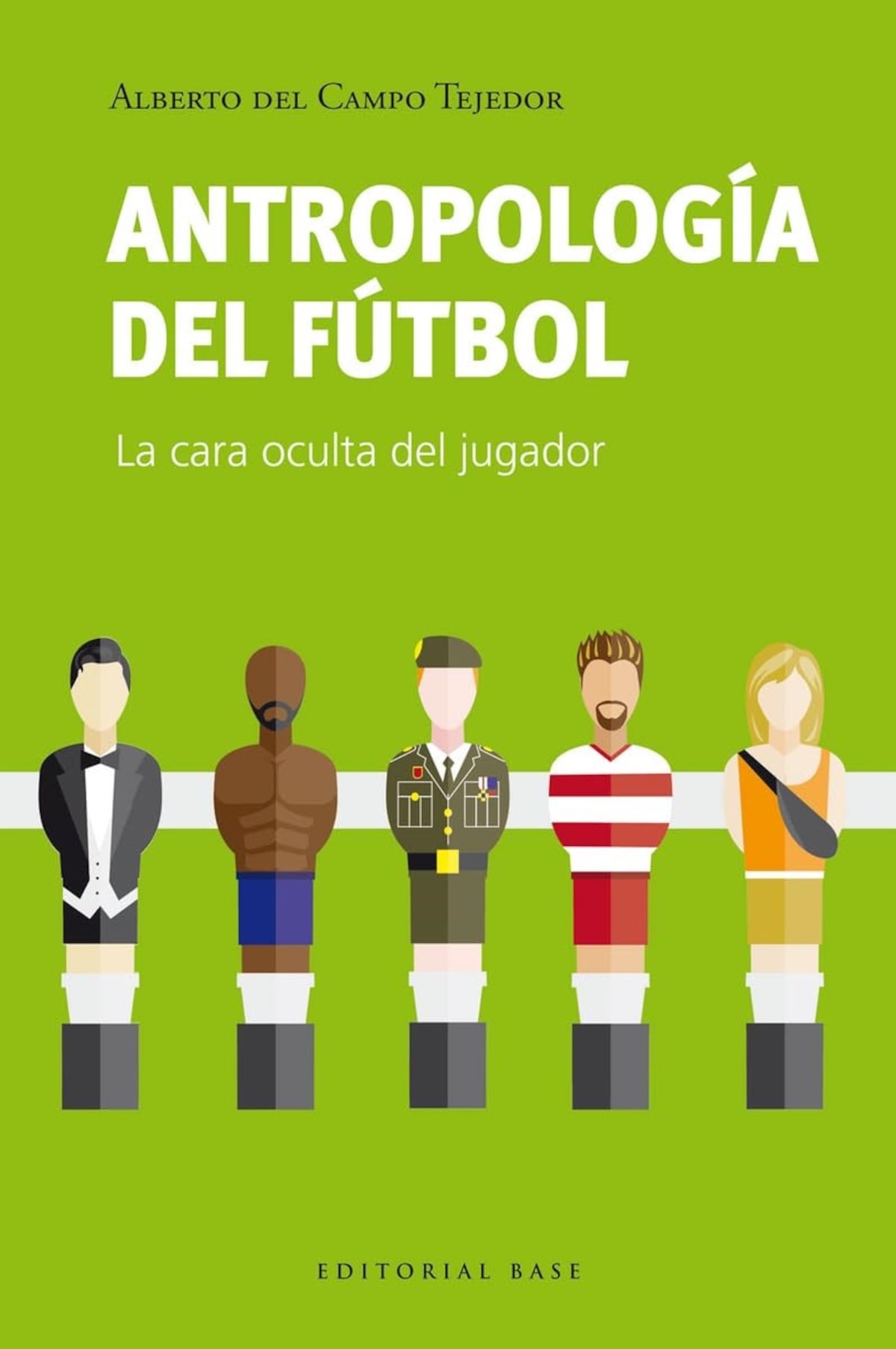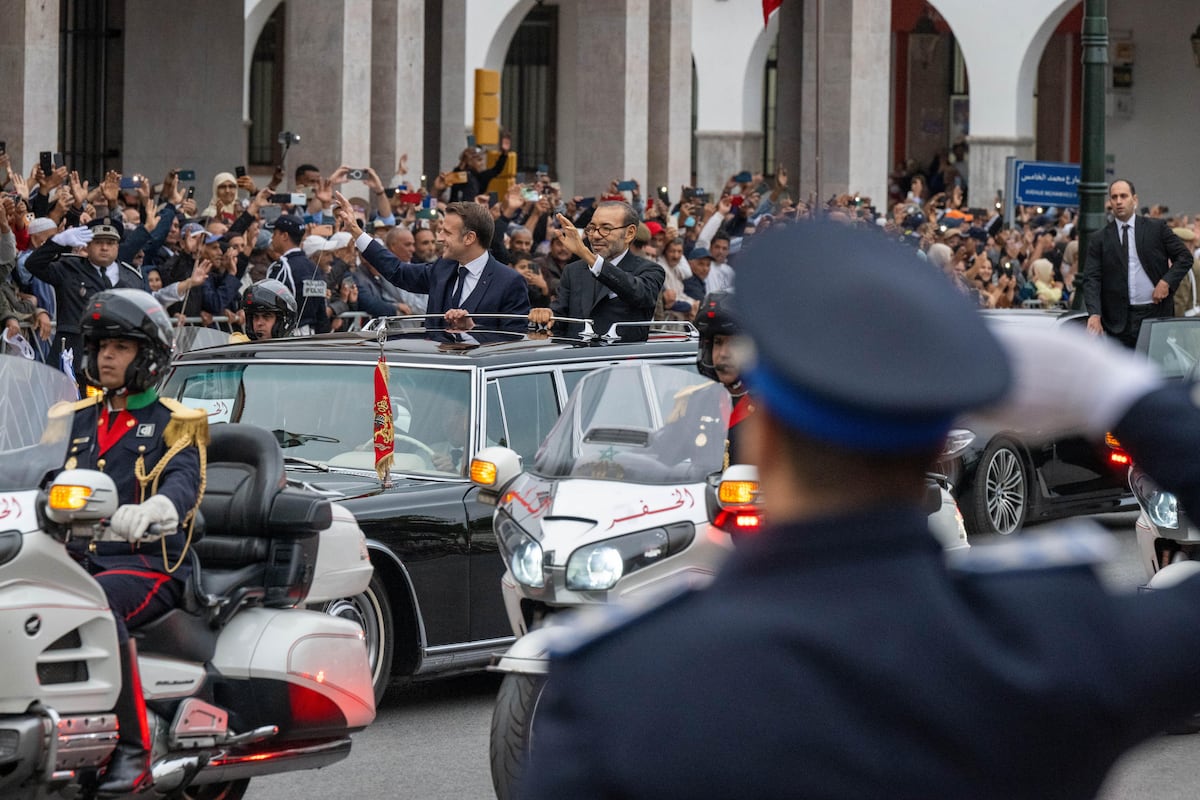“I, as a footballer, don’t remember living a few days like that.” The first sentence of the documentary #SeAcabó: Diary of the champions is pronounced by the soccer player Jenni Hermoso in reference to the days after the inappropriate kiss she received from Luis Rubiales, then president of the Royal Spanish Football Federation (RFEF), in Sydney on August 20, 2023 a few minutes after the national team proclaimed world champion for the first time in history. The leader had previously crudely touched his genitals in the stadium box, where he represented Spain – the federation is a private body that exercises a public function by delegation – and was accompanied by Queen Letizia and Infanta Sofía. In the third statement of the film, which premieres on Netflix on November 1, Aitana Bonmatí, the best soccer player in the world, says: “They didn’t bet on us nor did they care about us.” The fourth is from Irene Paredes, the captain: “At all times they have believed that we are their girls, their girls who play soccer for fun.”
#It’sOver…from the production company You First Originals, is the documentary in which for the first time many of them tell of their fight against the contempt that the federation professed to them, a discriminatory treatment—in professional resources, preparation and money—that led many to resign. to play with Spain in a World Cup, the tournament in which anyone who kicks a ball dreams of being. Also the pressure that Hermoso and her entourage suffered from Rubiales and her accomplices for her to say that the kiss had been consensual, or how the locker room broke down during the so-called 15 o’clock crisis, when 15 players refused to wear the shirt in September 2022. of La Roja to protest against the methodology of the coach, Jorge Vilda. Although the three captains, Alexia Putellas, Jenni Hermoso and Irene Paredes, were not in that group, they also supported the team.
To understand the entire path traveled by the athletes, you have to know where they come from and look far back, to the long night of stone that they lived through for decades because of the RFEF, which first refused to welcome women’s football into its fold, then he did it in 1980 in such a way sui generis who put at the head of the team a man—Teodoro Nieto—who had never seen a women’s game in his life and later replaced him with Ignacio Quereda, another upstart who remained in office for almost three decades while treating him without respect. to the players and designed ridiculous plans that were light years away from what the professional teams of the time did.
Although the film, in which Vilda and Rubiales refused to participate, summarizes the rebellion of the soccer players against Quereda after falling in the group stage of the 2015 World Cup – the first to which Spain went – it focuses above all on the last two years of the former coach, a man who came to the bench after achieving several successes in the youth ranks of La Roja after having entered the federation thanks to his father, Ángel, who had also been a coach in the youth ranks. The former president of the federation Ángel María Villar placed him in the position nine years ago despite the fact that he had no experience in the elite, and Rubiales, until his fall, always endorsed him.
Vilda remained in office for almost eight years without winning a single tie until the team finally beat Switzerland in the round of 16 of the 2023 World Cup and ended up lifting the World Cup. Before that title, his controlling personality, with uncomfortable visits to the players’ rooms when they were already in bed, or his limited tactical resources had exasperated a group of soccer players, those who were already in the super elite. “It was quite common for the coach not to have solutions,” says Paredes at one point in the documentary.
The situation exploded after the team lost against England in the quarterfinals of Euro 2022. After speaking with Vilda and the rest of the heavyweights in the locker room, the captain says that she sent a message to Rubiales to convey a series of improvements that were They had to do to perform better, but he leaked to the press that they were asking for the coach’s dismissal – they all deny it – and that he was not going to consent to it. Some media called them “girls” and Brandthe country’s best-selling sports newspaper, headlined its front page the next day: “Blackmail is unacceptable.”
In that toxic climate, the locker room broke down in a very tense meeting with the coach in which the majority told Vilda that they no longer trusted the coaching staff, while a small group did not dare to speak or did so to show their agreement. . A few days later came the resignation of the 15, in which there was not a single Real Madrid footballer. The crisis began to be resolved in January of the following year, when Putellas met with Rubiales in Madrid to seek improvements for the World Cup – such as the conciliation plan for many families to travel to Australia and New Zealand – that would allow the soccer players to return. to appear summonable.
In May, eight of them did it, but Vilda took revenge and called only Bonmatí, Ona Batlle and Mariona. He left out, for example, Sandra Paños, then the starting goalkeeper for Barcelona, champion of the League, Champions League and Super Cup that year. Another seven, including goalkeeper Lola Gallardo, decided that the changes were not enough to go to the World Cup: “You have been in the national team all your life dreaming of that moment and you are at home. Not by your decision, but because you are defending something you believe in and that’s it, it’s that easy. “It’s a bitch.”
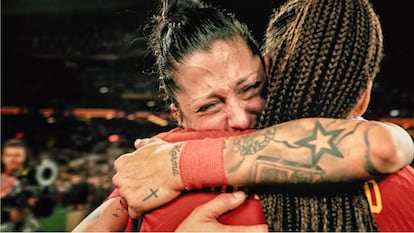
Despite the large absences, Spain won the World Cup with the best generation of footballers in its history. The kiss soiled the title and made Hermoso live under enormous pressure the worst days of his life as a footballer – the trial for sexual assault and coercion will be held in February – but the response of his teammates and the social, political and sporting rejection towards Rubiales and Vilda they ended up with them under the motto #SeAcabó that Putellas coined and that managed to blow up a federation investigated for corruption and ossified by machismo and discriminatory treatment towards them.
Hermoso dared to denounce the voices that questioned the seriousness of the matter. In a scene recorded in her kitchen, with her friends Alexia and Irene, she explains why: “That our entire team and all the players in the world were involved in this way made me have a lot of strength for everything. It gave me like a superpower to face it and to continue. As a result of this, a precedent has been created and there are many women who have felt a lot of strength. Because the phrase ‘what we have done all our lives’… [pues] It is no longer done like usual. That’s why there are many people who are very angry. Why did I do that? It was the right thing to do, what had to be done so that all the other circumstances that many women have suffered did not lead to something much more serious.”


